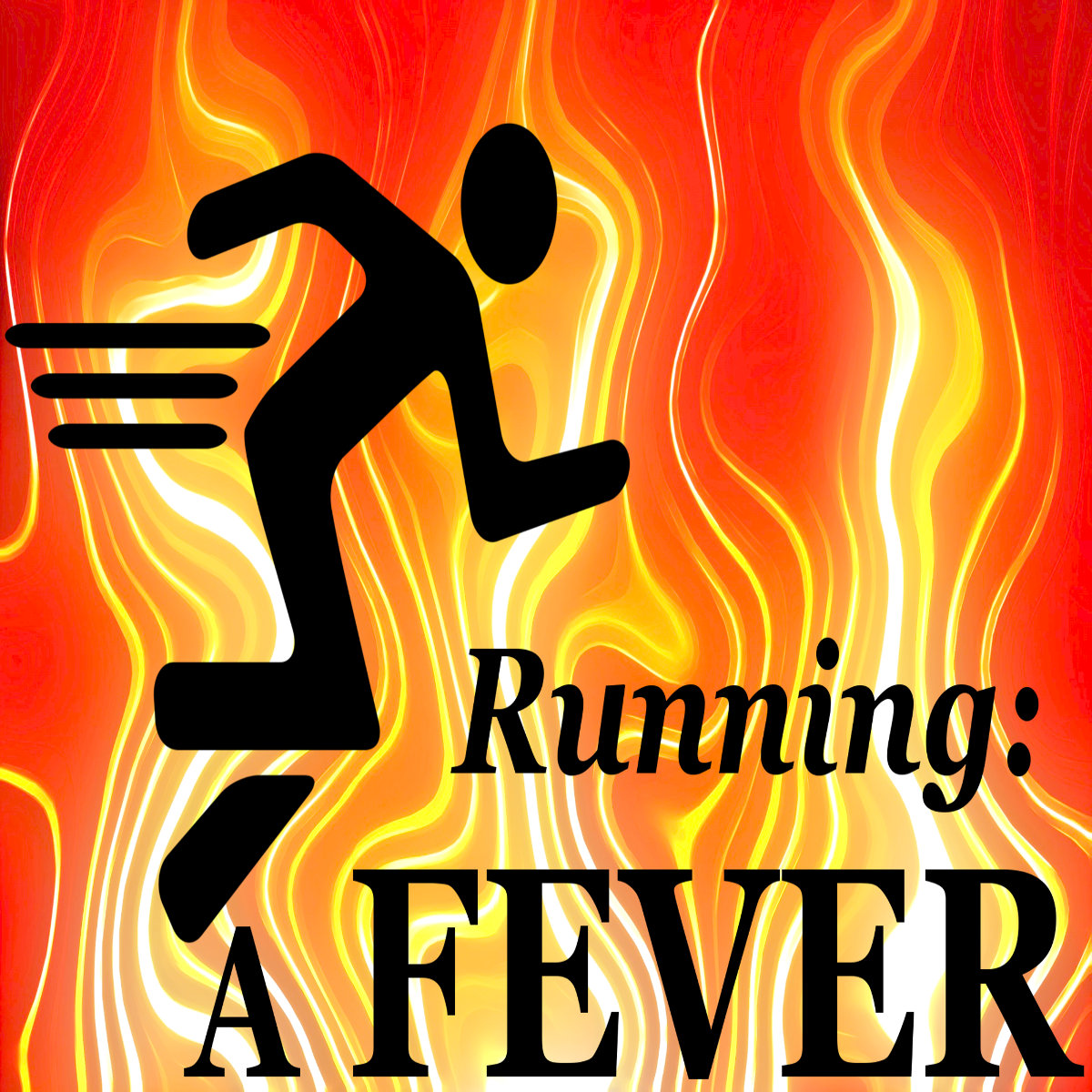I’ve made a point of saying a high-fat diet is not healthy, even if it helps you lose weight, and especially when I’ve talked about the fad diet known as the Keto Diet. I’ve also said that we need a balance of all three macronutrients: Protein, Fat, and Carobohydrates. From time to time I have also mentioned that some fats are “good”. But this is pretty vague, so I’ve decided to do a deeper dive into saturated fat. As usual, this is as much for my edification as it is for yours.
There are several kinds of dietary fat, which is just fat that we consume in food. Some, according to the Mayo Clinic, are generally considered to be Unhealthy, and some are Healthier.
The two kinds of unhealthy fat are saturated fat and trans fat. Before I go into those I’ll explain the difference between saturated and unsaturated fat. Quoting the American Heart Association website, “From a chemical standpoint, saturated fats are simply fat molecules that have no double bonds between carbon molecules because they are saturated with hydrogen molecules. Saturated fats are typically solid at room temperature.”
The main reason these fats are positively correlated with heart disease is that they raise cholesteral levels. Trans fat not only raises LDL (bad) cholesterol levels, but lowers HDL (good) cholesterol levels.
Some kinds of saturated fats: beef, lamb, pork, chicken with skin, butter, cheese. I need to make a special note here about coconut oil, which I consume on an almost daily basis with my steel-cut oats. Coconut oil is solid at room temperature, you spoon it out of a jar. It is a saturated fat, but contains no cholesterol. It has the opposite effect of trans fat — it lowers bad cholesterol and raises good cholesterol. And it has other health benefits.
Trans fat can be found in something called “partially hydrogenated oil”. You can sometimes see it listed in the nutritional table on food packages, but if a package contains lesss than 1/2 gram, this is not required. But you can always look at the ingredients for anything that is “partially hydrogenated”.
Three healthier fats:
Monounsaturated fatty acids improves blood cholesterol levels.
Polyunsaturated fats, found mostly in plant-based foods and oils and also help with cholesterol levels, and one kind, called Omega-3 fatty acids are especially helpful in preventing coronary artery disease. Omega-3’s are found in fish oil. Be aware that there is no evidence that Omega-3’s from krill oil have the same benefits. Krill oil is preferred by some because it smells and tastes better than fish oil. Nuts also contain omega-3’s.
Omega-3 and Omega-4 fats are important to know about, because they are required by our bodies, but we cannot produce them, so we must consume them.
Why do we need fat? Obviously it provides energy, which is why the fat our bodies can produce come from excess calories, allowing us to store energy for future use. But some necessary vitamins can only be digested, absorbed, and transported in conjunction with fats, including vitamins A, E, E, and K. Fats also help keep our skin and hair healthy, act as shock-absorbers for our organs, and help us maintain body temperature. Fat also can dilute toxins in the bloodstream, protecting us from disease.
What is the right amount? According to the Mayo Clinic website, you should avoid all trans fat, and consume no more than 10% of your daily calories as saturated fat. Try to replace saturated fats with unsaturated fats.
It’s important to remember that all fats are high in calories, 9 calories per gram. So be sure to get the right amount of fat, but be particular about the fats you eat.
Benefits of coconut oil:
https://www.medicaldaily.com/coconut-oil-uses-5-surprising-benefits-coconut-oil-your-health-310158
Other sources:
https://www.mayoclinic.org/healthy-lifestyle/nutrition-and-healthy-eating/in-depth/fat/art-20045550
https://en.wikipedia.org/wiki/Fat
https://www.health.harvard.edu/staying-healthy/the-truth-about-fats-bad-and-good
https://www.heart.org/en/healthy-living/healthy-eating/eat-smart/fats/saturated-fats
Weight 7-day Avg. (change since Jan 2018): 212 (-62)
Workout time: 0 Minutes
Total Distance (total since Nov 2017): 0 Miles (464.04)
Steps: 3,307
Muscle Mass 7-day Avg. (change since Aug 2018): 159.55 (+16)
Body Fat 7-day Avg.: 26%
Daily Sleep Duration 7-day Avg: 6 hours
2019 Goal: 15% Body Fat
